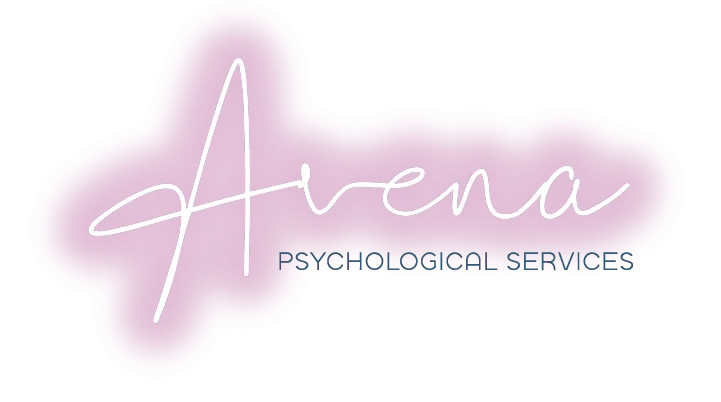Feeling overwhelmed by negative thoughts and emotions? Struggling to break free from unhelpful patterns that hold you back? If so, you may have heard about cognitive behavioral therapy (CBT), a form of psychotherapy gaining widespread recognition for its effectiveness in addressing a variety of mental health concerns. But what exactly is CBT? How does it work, and how can it benefit you?
CBT stands at the intersection of two powerful forces: psychology and science. It’s important to know that CBT is one type of psychotherapy, also known as talk therapy. While all psychotherapy aims to help individuals understand and manage their thoughts, feelings, and behaviors, CBT takes a unique approach, emphasizing the interconnectedness of these aspects.
Imagine your thoughts, feelings, and actions as a complex web. In CBT, we explore how your thoughts influence your feelings, which in turn impact your actions. By understanding this relationship, we can identify negative thought patterns that contribute to unhelpful emotions and behaviors. The key lies in recognizing these patterns and learning to challenge and reshape them in a way that leads to positive change.
So, what makes CBT different from other psychotherapy approaches? One key distinction is its structured, goal-oriented nature. CBT therapists work collaboratively with you to set specific, achievable goals based on your individual needs and challenges. This collaborative approach fosters a sense of empowerment and active participation in your own journey towards healing.
Furthermore, CBT heavily draws on evidence-based techniques honed through scientific research. This means the interventions you receive are grounded in data, demonstrating their effectiveness in addressing various mental health concerns like:
- Depression
- Anxiety
- Phobias
- Obsessive-compulsive disorder (OCD)
- Post-traumatic stress disorder (PTSD)
- Anger management
- Eating disorders
- Substance abuse
How does CBT work in practice? During sessions with your therapist, you’ll engage in active exercises and discussions designed to:
- Identify negative thought patterns: This involves recognizing automatic thoughts that contribute to distress and learning to question their validity.
- Develop coping mechanisms: You’ll practice practical skills to manage difficult emotions and challenging situations more effectively.
- Restructure unhelpful beliefs: Through guided exploration and dialogue, you’ll learn to challenge and replace negative beliefs with more realistic and empowering ones.
- Practice new behaviors: You’ll gradually implement positive changes in your daily life to break free from unhealthy patterns and achieve your goals.
Remember, CBT is not a quick fix. It requires commitment and active participation, but the rewards can be life-changing. By equipping you with the tools and strategies to manage your thoughts, feelings, and actions, CBT empowers you to take control of your mental well-being and build a brighter future.
Warm Tips:
- Be open and honest with your therapist. Trust and communication are key to a successful CBT experience.
- Don’t be afraid to ask questions. Understanding the process is crucial for your active participation.
- Practice CBT exercises regularly for maximum benefit. Remember, progress takes time and dedication.
- Celebrate your successes, no matter how small. Acknowledging your progress fuels motivation and reinforces positive change.
If you’re considering seeking mental health support, know that CBT is a powerful and evidence-based option. Talk to your doctor or a licensed therapist to learn more about how it can help you create lasting positive change in your life.
Contact us to schedule an appointment with a professional in New York or New Jersey.

